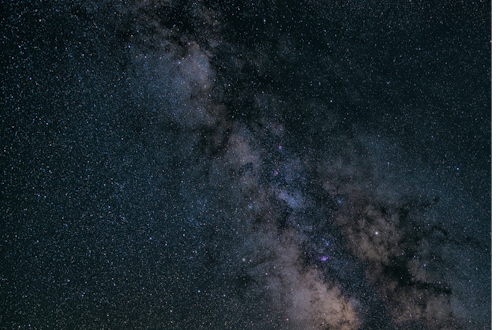
At The Conversation we have a simple mission: we work with academic experts to make knowledge more accessible and empower people with the information they need to make better decisions in their lives.
That’s it. We’re not about changing the world (though it would sure be nice if it did) and we don’t have an agenda other than to provide the best available evidence. The sorts of decisions our work might inform range from big political matters to working out when you need to wear sunscreen, to figuring out how to plan for retirement or working out what you really think of Season 2 of The White Lotus.
The other thing we love to do is publish work that satisfies a deep curiosity, work that can be a source of valuable knowledge and genuine pleasure. We know this is especially the case with our incredibly popular science coverage. (We also know this because you told us. In our recent survey almost 80% of you said you were interested in astronomy and 67.7% nominated climate change.)
For this reason yesterday we launched a new weekly newsletter, Science Wrap. It’s full of fascinating coverage of the research work going on at the frontiers of knowledge, as well as momentous topics such as the climate crisis and whether any of us will have a job once ChatGPT acclimatizes an even larger chunk of the population to execrable prose.
Edited by Signe Dean, Science Wrap will come out every Tuesday and will feature a selection of the best coverage of science, health, technology and the environment from Australia and across The Conversation’s global network.
If you’re interested in getting a weekly wrap of the best science coverage, please sign up here. Current subscribers to our daily newsletter will not automatically be sent this newsletter – you’ll also need to subscribe.
This article was originally published on The Conversation. Read the original article.







